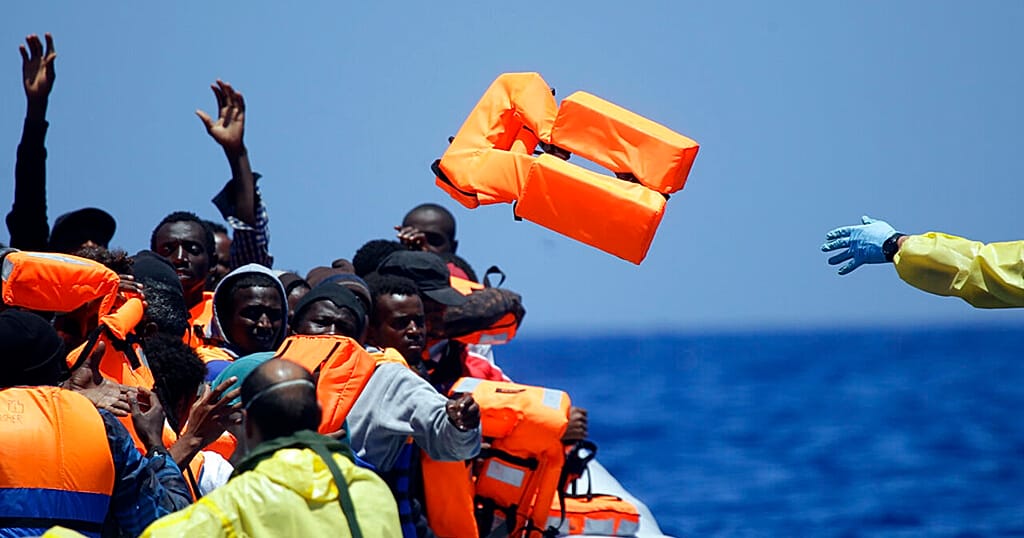Church Massacre in Eastern DRC: A Year of Unresolved Suffering
August 30, 2023, will forever be etched in the minds of those who witnessed the brutal killing of over 50 people by military personnel in a church in Goma, eastern Democratic Republic of Congo (DRC). Aline, a survivor of the massacre, still carries the trauma of that fateful day, recounting the horrors she saw: "The military men came, they were dressed up, slender and armed. Then they opened fire, killing people and then set the church ablaze. It is only thanks to God that I am alive today."
The victims were members of the Natural Judaic and Messianic Faith Towards the Nations, a mystic religious group known locally as Wazalendo. They were preparing a protest to demand the departure of foreign NGOs and the UN force in the country (MONUSCO) from the North Kivu province. The military’s brutal response left a trail of devastation, with many arrested and still detained at the central prison of Goma.
On the first anniversary of the tragedy, relatives of the victims and congregants gathered for a ceremony, their pain and anger palpable inside their new temple. "When someone mourns his brother who was cowardly killed by the very ones who were supposed to protect him, of course he will have a sad face. That is why people you saw didn’t have joyful faces. This is sadness, our wounds are still open," a man who attended the ceremony said.
Civil society groups maintain that around 100 people were killed, higher than the official death toll. A trial followed the bloodshed, and the main suspect, Colonel Mike Mikombe, a Republican Guard commander at the time, was handed a death penalty. However, a year on, faithful and rights groups still call for what they term as "true justice."
As the world marks the anniversary of this tragedy, it is crucial to acknowledge the ongoing suffering of the victims’ families and the need for accountability and justice. The international community must continue to pressure the DRC government to ensure that those responsible for the massacre are held accountable and that the rights of the victims are respected.



